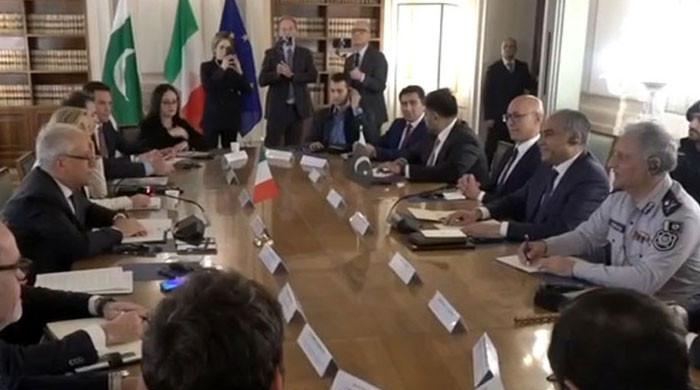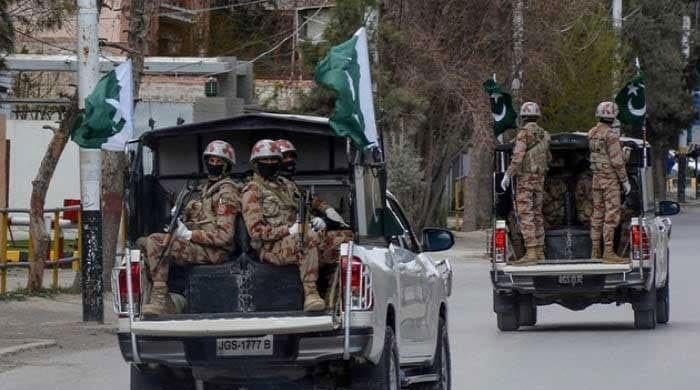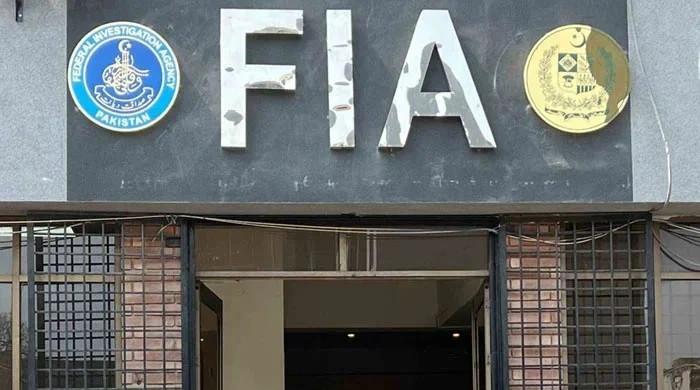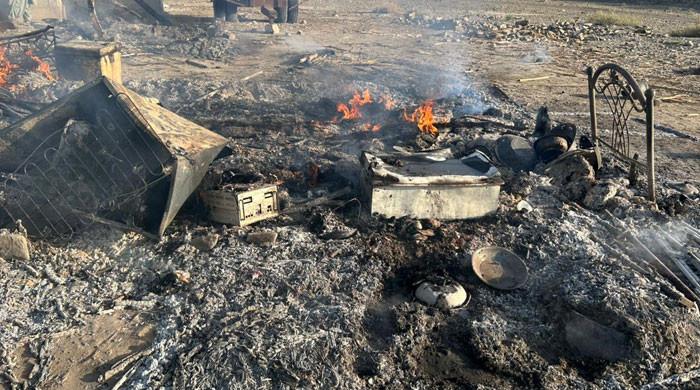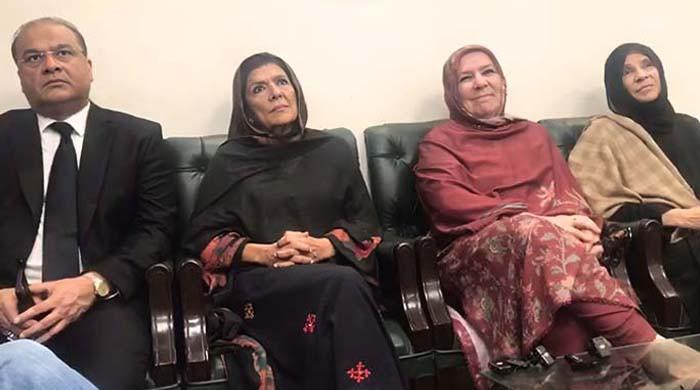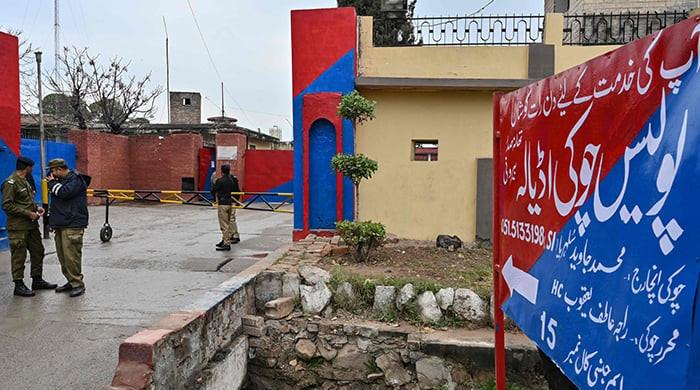Pakistan seeks joint forum with India to probe cross-border terror attacks
“After Pahalgam attack, we extended an offer for an impartial investigation,” says Bilawal
June 05, 2025
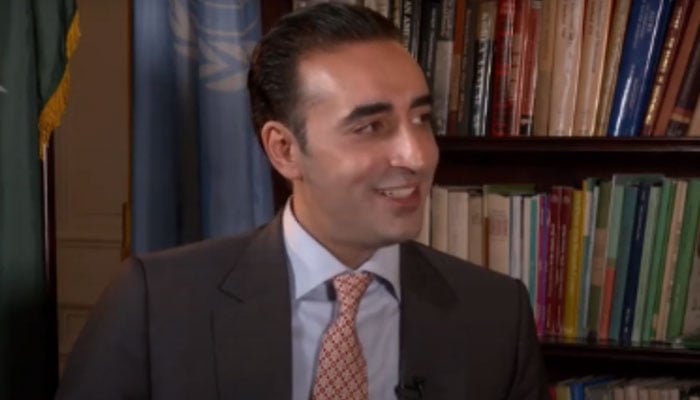
Pakistan's former foreign minister and Pakistan Peoples Party (PPP) Chairman Bilawal Bhutto-Zardari has said that the lasting peace is possible only through dialgoue and diplomacy, stressing that the resolution of the Kashmir dispute is necessary for durable ceasefire.
Bilawal, along with a nine-member high-level parliamentary delegation, is currently in New York, US, on a two-day visit to present Pakistan’s stance on the recent military confrontation with India and to challenge New Delhi’s narrative at the international level.
Members of the parliamentary delegation include, Hina Rabbani Khar, Sherry Rehman, Dr Musadik Malik, Khurram Dastgir Khan, Jalil Abbas Jilani, Tehmina Janjua, Bushra Anjum Butt and Syed Faisal Subzwari.
In an interview with China’s CCTV News, the young politician said that India launched illegal and unilateral strikes across the border following the recent Pahalgam incident, calling for neutral investigations and renewed diplomatic efforts to ensure lasting peace in the region.
“After the Pahalgam attack, we extended an offer for an impartial investigation,” he said. “However, India rejected it."
Bilawal stressed the need for a permanent, joint investigative forum between India and Pakistan to probe not just the Pahalgam attack, but all terror incidents affecting both countries.
“There is a long list of cases where India has been involved in attacks inside Pakistan, particularly in Khyber Pakhtunkhwa and Balochistan,” he said.
“A neutral platform could help both sides seek justice and prevent future bloodshed.”
Reaffirming Pakistan’s commitment to peace, Bilawal said any military response had been in self-defence. He alleged that Pakistan shot down six Indian aircraft during the conflict—something India took a month to acknowledge.
"It took one month for the Indian government to admit that we downed their planes," he said.
He also raised serious concerns about India’s unilateral violation of the Indus Waters Treaty, describing it as a breach of international law. “Neither side can walk away from the treaty on its own,” he said. “Any change must be agreed jointly through dialogue.”
Talks on the treaty, however, remain stalled.
Bilawal highlighted Kashmir as central to the conflict, which according to him, came into global limelight once again as a result of escalation between Pakistan and India.
“If we truly want to end terrorism, we must address its roots. Kashmir is at the heart of this,” he said, adding that the issue has once again drawn international attention and cannot be brushed under the carpet.
Urging global powers to act, he said: “The UN still has a vital role to play. The Secretary General played a constructive part during the crisis. Now we need a similar effort to secure a just and lasting peace.”
“There’s only one country that says they’re not willing to talk and that’s India,” said Bilawal, adding that therefore, Pakistan is making effort to engage the international community for them to play their role to establish peace which must include resolving the issue of Kashmir, the Indus Waters Treaty and terrorism.




